SJI Grantee Spotlights
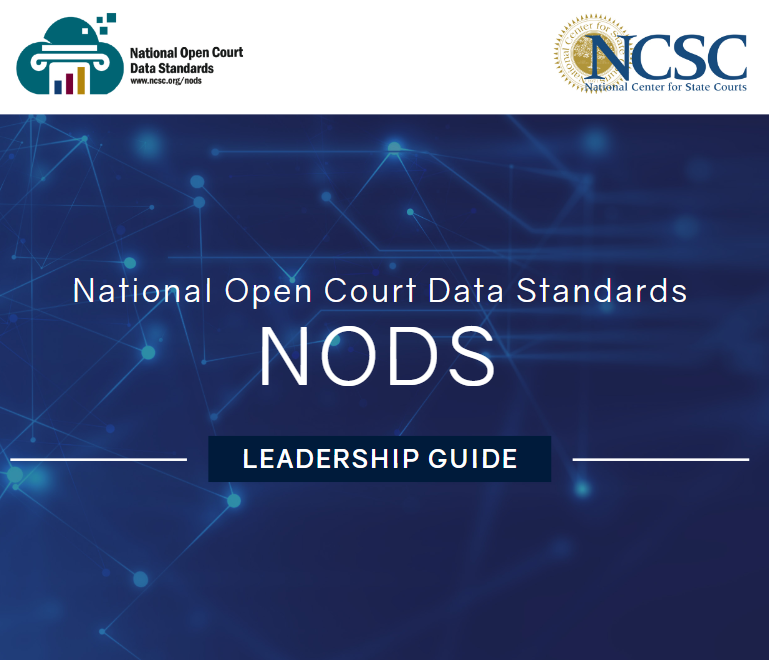
Implementing National Open Court Data Standards in Pilot Courts
The National Open Court Data Standards (NODS) consists of business and technical court data standards designed to facilitate the sharing of court data, ensure consistency in how data are understood and used, and reduce the costs and efforts required for courts to respond to data requests. In addition, several states are using NODS as a framework to build statewide data repositories.
Over the last four years, SJI has supported the implementation of NODS in 16 states. A recent evaluation of the project found that successful implementation has relied upon supportive executive leadership, dedicated staff, a designated NODS champion, and financial resources. Barriers to implementation have included a lack of resources, competing priorities, and insufficient leadership support. For states implementing NODS, it has been a useful tool to identify and address data governance issues. Most adopting courts indicated that their court began to collect new data elements due to mapping their case management system to NODS.
In addition to the core spreadsheet of data elements, resources available to courts and vendors include:
- NODS NIEM6 Message specification
- NODS User Guide
- NODS Leadership Guide
Along with Subject-area specific guides to NODS, including:
- NODS for Family Court
- NODS for Guardianship
- NODS for Traffic
- NODS for Criminal
These resources are available at www.ncsc.org/nods.
Webinars are also available to learn more about NODS, including a Data Dives Webinar on NODS and a special webinar on Better Traffic data with NODS.
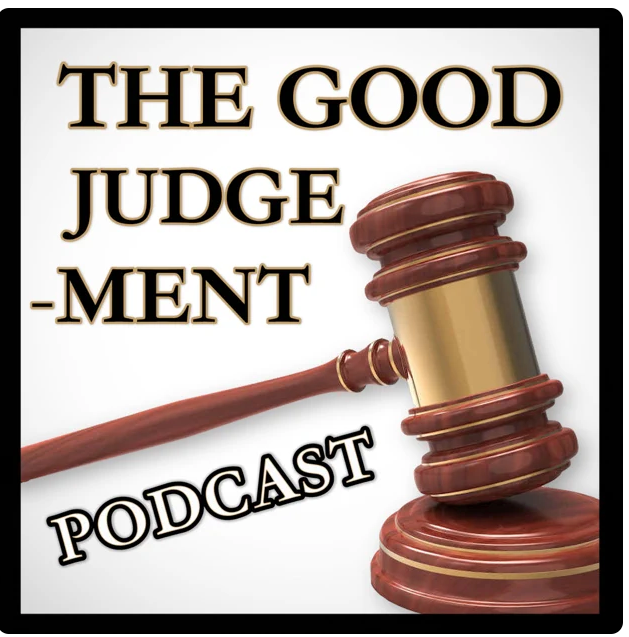
“The Good Judge-ment Podcast” Training Project: Georgia Council of Superior Court Judges
June 1, 2023
The Good Judge-ment Podcast is an educational, web-based podcast for judges, lawyers, students and nerds of all kinds. The podcast started in 2016 as a supplement to ongoing educational programming for Georgia Superior Court judges. From that beginning, it has grown to a bi-weekly program with hundreds of subscribers and over 125 episodes. The hosts, …
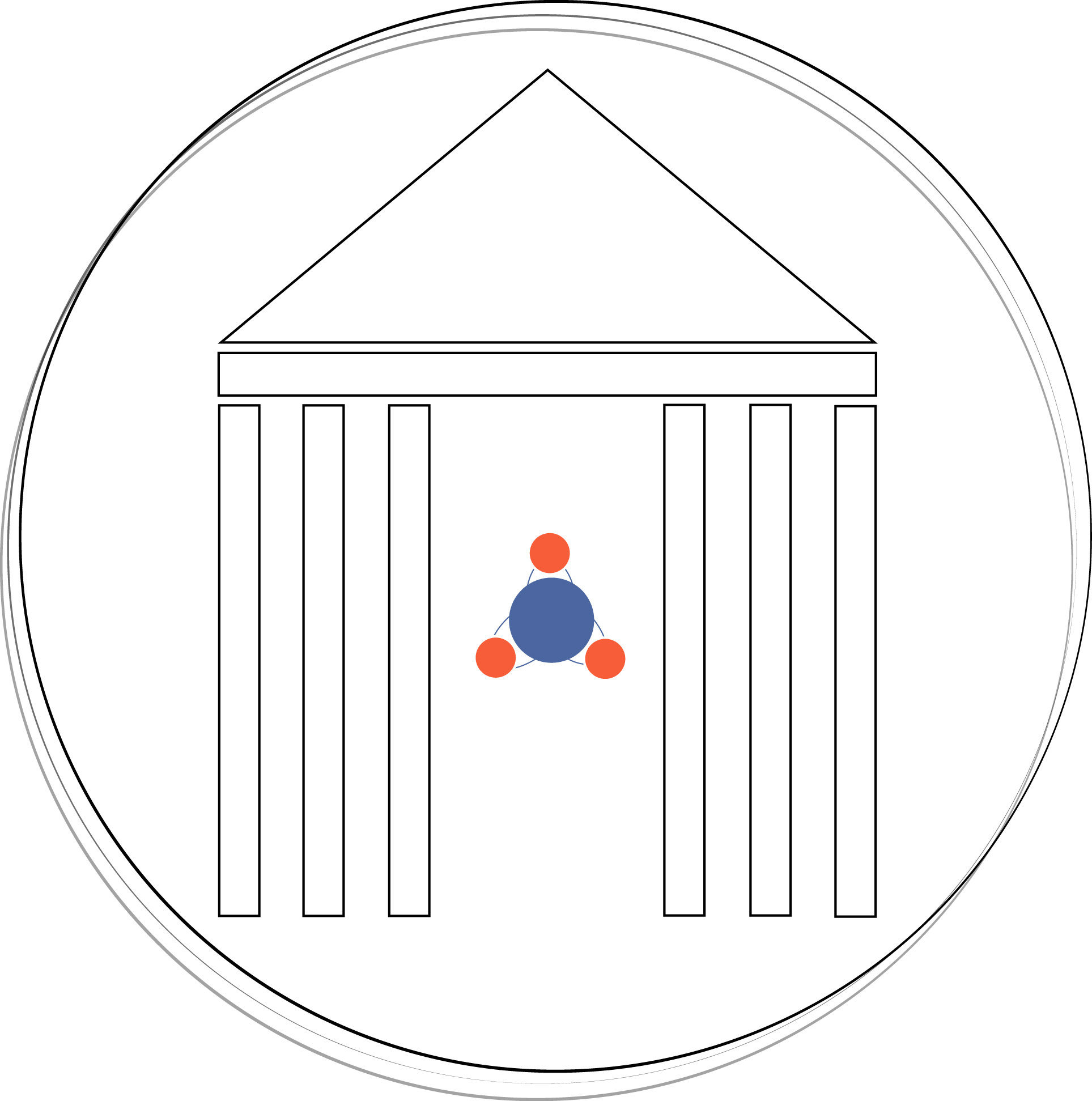
Sustainable Case Management and Evidence Adjudication Support Tools for Cases Related to the COVID-19 Pandemic and Future Government-declared Emergencies
May 1, 2023
With the certification of 64 resource judges and four court resource attorneys’ mid-summer 2022, the National Courts and Sciences Institute (NCSI) completed Phase 1 of a SJI-supported strategic initiative to discover ways to train judges and court personnel to cope with novel, changing, Covid Science in the Courtroom. Judges from 12 jurisdictions in coordinator-facilitated teams …
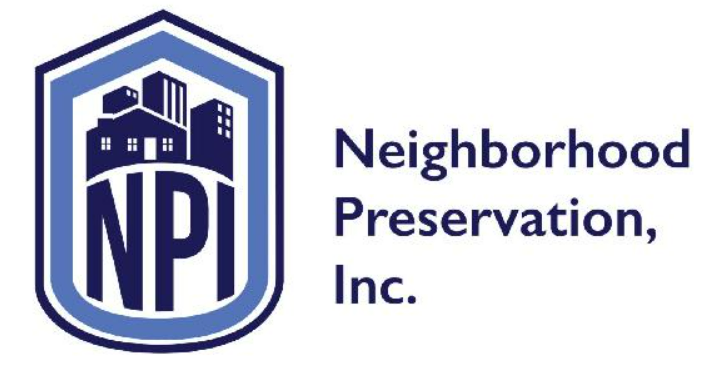
Eviction Data Analysis and Accessibility: Supporting Shelby County Court Data Management
April 1, 2023
During the past two years, Neighborhood Preservation, Inc. worked with the City of Memphis and Shelby County to launch the local Emergency Rental Assistance program, a $90 million program with a strong eviction prevention and legal services component. The SJI grant supported the development of court data tools to identify ERA applicants facing upcoming court …
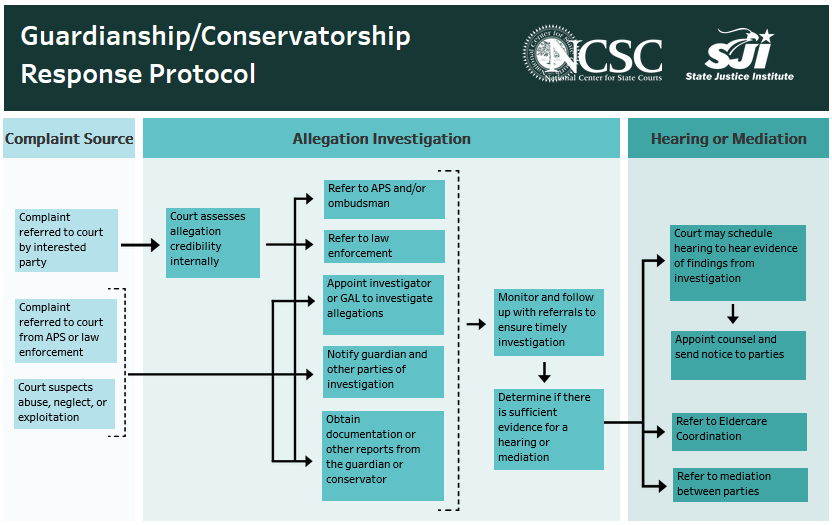
Monitoring Guardianships and Conservatorships
March 1, 2023
To improve guardianship case management, the National Center for State Courts is leading two SJI-funded projects to help guide courts through guardianship monitoring. Developing a Judicial Response Protocol to Address Abuse, Neglect, and Exploitation in Guardianship Cases features an interactive tool designed to help judges respond to allegations of harm to individuals subject to guardianship. …
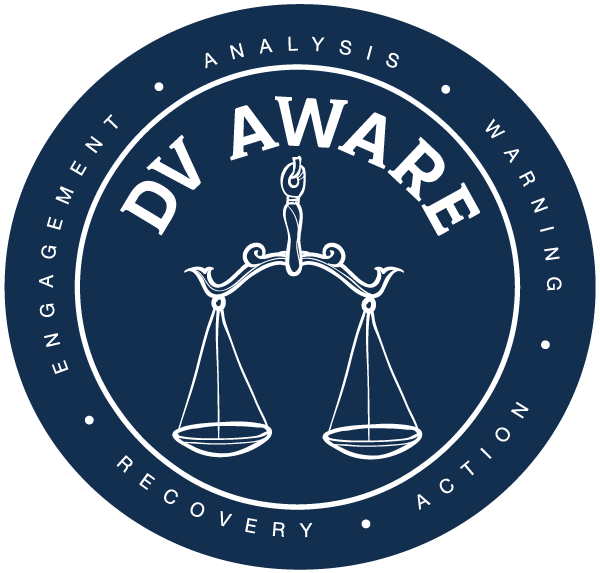
DV AWARE Dissemination Project: Building the Training Capacity of States, Meeting the Security Needs of Courts and Families
February 1, 2023
DV AWARE stands for Domestic Violence Analysis, Warning, Action, Recovery, and Engagement. Perpetrators of domestic violence can threaten the safety and well-being not only of their intimate partners and children, but also courts and communities. Beginning with a grant from SJI in 2021, the DV AWARE Project sought to support juvenile and family court systems …
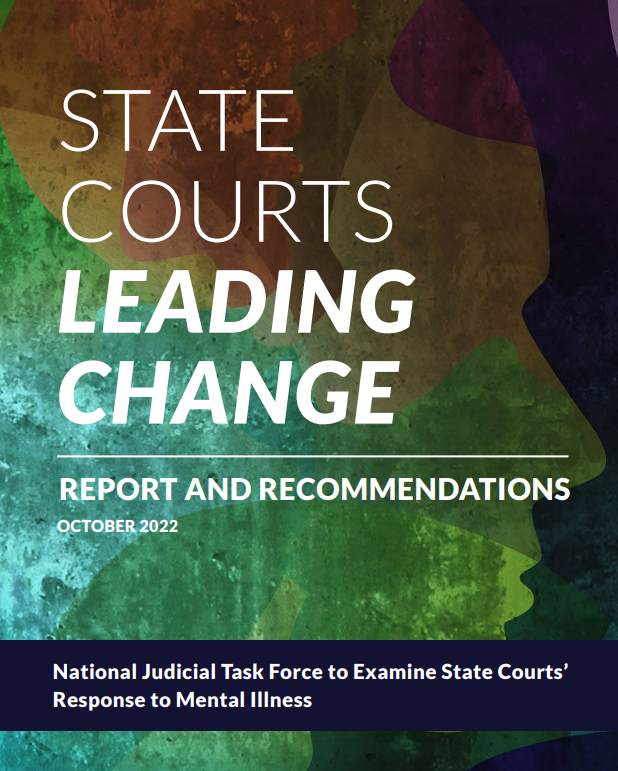
National Judicial Task Force to Examine State Courts’ Response to Mental Illness
January 1, 2023
On March 30, 2020, the Boards of Directors of the Conference of Chief Justices and Conference of State Court Administrators took action to establish National Judicial Task Force to Examine State Courts Response to Mental Illness to assist state courts in their efforts to more effectively respond to the needs of court-involved individuals with serious mental illness. …

